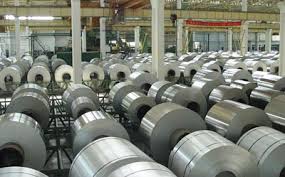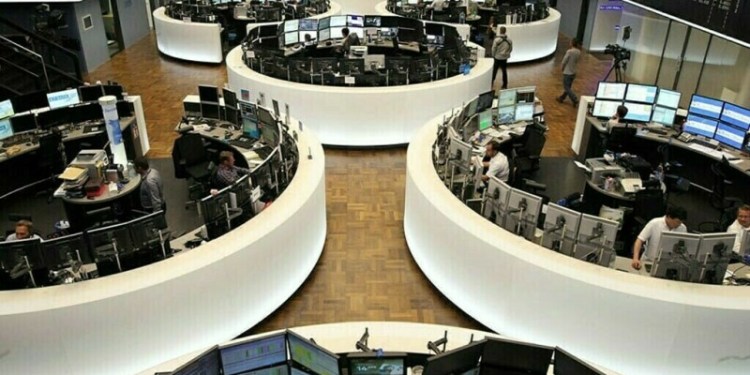Tuesday, 08 September 2015 17:46
 LONDON: Surcharges for physical aluminium in Europe are due to remain weak after retreating in recent weeks, weighed down by overproduction, new rules that force more outflows from warehouses and difficult conditions for financing.
LONDON: Surcharges for physical aluminium in Europe are due to remain weak after retreating in recent weeks, weighed down by overproduction, new rules that force more outflows from warehouses and difficult conditions for financing.
A constant flow of metal out of warehouses registered by the London Metal Exchange is due to increase after new LME rules designed to slash backlogs twice as quickly as under previous reforms took effect at the start of August.
“There’s good metal availability both as the result of the continued overproduction, but also as a result of the expected greater outflow from warehouses as the LME decay factor has increased,” a trader said.
“Premiums have come back down again after the temporary strength we saw in Europe.”
The surcharges, or premiums, which consumers pay on top of the LME cash price for immediate delivery of metal, have tumbled as much as three quarters since record peaks last year.
European premiums were quoted at $ 115-$ 135 a tonne for duty-paid material in Rotterdam, retreating from $ 180-$ 190 in June and from a peak of $ 500 in November 2014.
BACKWARDATION CRIMPS FINANCE DEALS
The market is awash with supplies. Aluminium output in China, the world’s biggest producer, climbed 12 percent during the first seven months of the year.
Another trader said the demand side of the market was holding up, but a flood of supply was overwhelming the market.
“Demand’s not really bad, it’s reasonable. In areas like automotive it’s pretty good, rolling is reasonable and extrusion a bit weaker,” he said.
A third trader said a big factor pressuring premiums was the structure of the futures market, a backwardation, whereby the nearby contracts are at a premium to the forward ones. LME cash aluminium is at a premium of $ 20.25 a tonne to the three-month contract, compared with a discount of $ 44.50 in late July.
Under those conditions, financing deals were not profitable, so additional material has been finding its way to the physical market that otherwise would have been locked up in those transactions.
“Premiums will remain under pressure, but the question is how much more can they fall,” the second trader said.
“If you look back in history, these are levels we have seen before as average levels.”



























